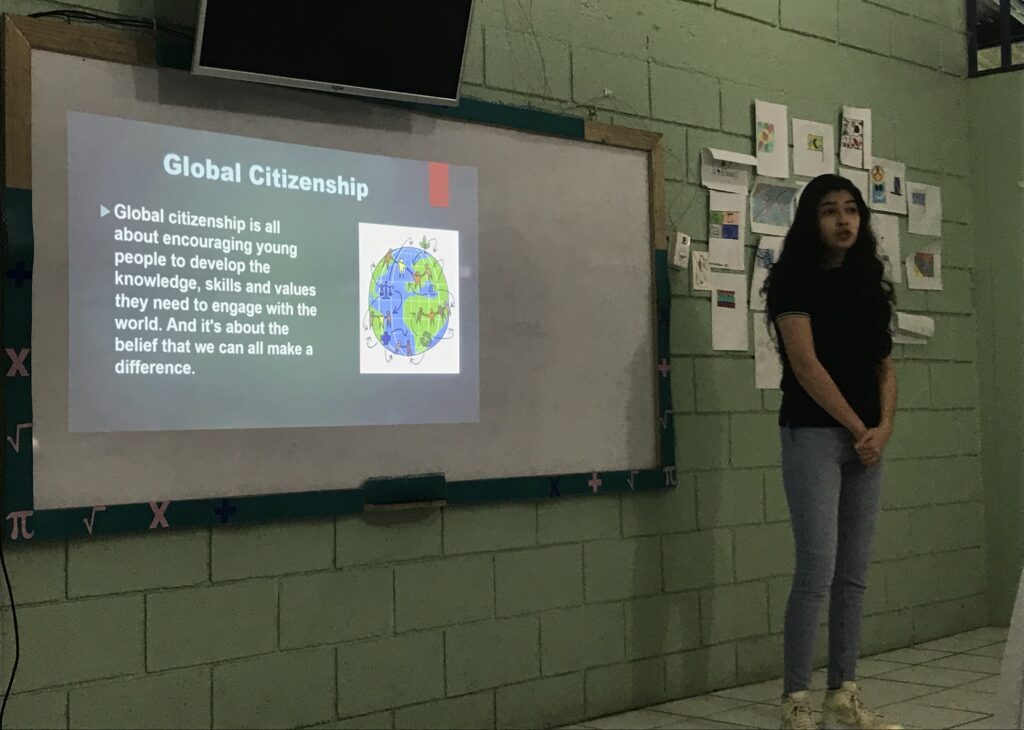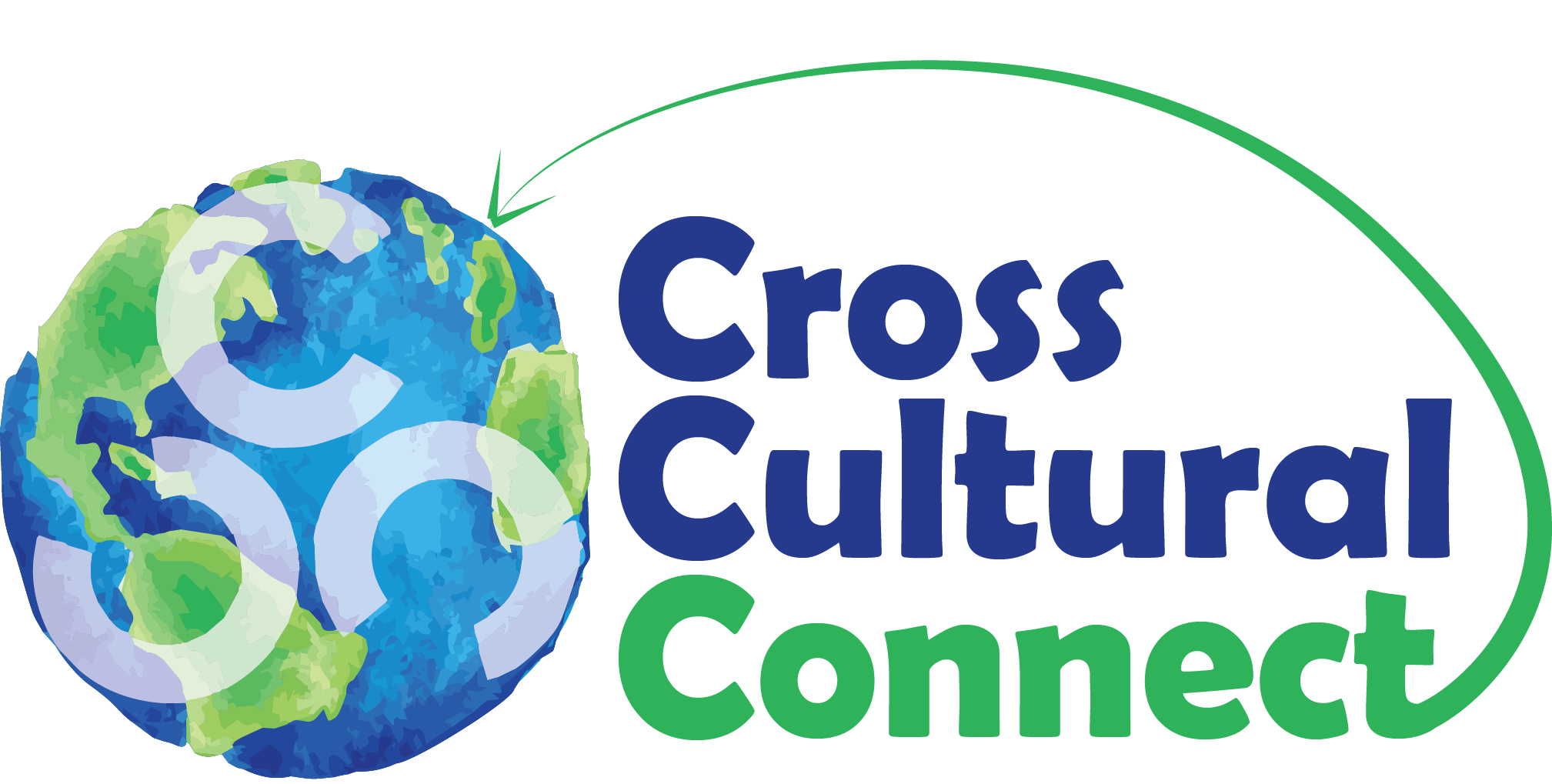Quarantine has caused an unprecedented amount of global isolation and loneliness. For many, penpal relationships are a way to alleviate this lack of connection. In 2021, we connected two high school students named Abby and Clara, who exchanged letters from the US to Costa Rica. Conversing with a peer from across the world can provide a sense of community for students, which humans need to thrive. For Abby and Clara, it also helped them develop their skills at effective communication with those from different cultural backgrounds and served as a way to document history as it unfolds in this pandemic era.
Abby independently reached out from the United States through the Cross Cultural Connect website, hoping to make an international connection. We connected her to Clara, one of our most advanced English students in Jorge Debravo, Costa Rica. They began communicating by exchanging digital letters through Google Drive. According to Clara, she had some initial anxiety: “In the beginning, I felt nervous, I had no idea how she would react. I was scared of saying something rude or something that could make her feel offended.”
Clara found it easy to overcome these cultural barriers and connect on a human-to-human level. “Humans can be able to start a relationship even if they have different characteristics. Language and some cultural aspects may make this process complex, but not impossible.” Gaining confidence in forming multicultural connections empowers students to engage empathetically with people throughout their lives.
Both students also utilized CCC’s Effective Communication module, which helped them develop the social skills to have meaningful conversations and practice active listening. When asked about her definition of effective communication, Clara wrote: “Effective communication is the ability of sharing thoughts and messages staying away from accusations. By sending and receiving clarified messages, there is no room for misunderstandings.” As students practice these skills, they form deeper relationships, avoid conflict, and learn about each other as individuals.
Later on in the program, they connected over video chat and shared what it was like to experience the pandemic in their communities. Clara gave Abby a tour of her school in Costa Rica, which was still holding classes in person. In the United States, Abby was experiencing virtual learning, as her school had been closed due to quarantine restrictions. Sharing your personal feelings through a pen-pal connection has been a cathartic way for many people to cope with Covid-19.
Learning how each country handled quarantine differently was enlightening for Clara. “I learnt a lot about politics and health care in USA. While we were writing to each other she described me how USA was trying to control the pandemic. I learnt about USA’s restrictions and the new educational system.” Alongside mental and emotional benefits, having a written record of individuals’ experiences and reflections during this time could prove historically potent in years to come.
Afterward, Clara used the lessons she learned to write her 10th-grade final project, which centered around her experience in the program. In her final reflection, she wrote: “The program is a great start for understanding and for challenging intolerance. With the help of this program, I changed my mentality. While I was interacting with my penpal, many cultural aspects made me realize what is truly important and what is not. As humans from around the globe, we have our differences, but we are still human beings. I challenged stereotypes and ideologies that were taking control over me. Nowadays, I consider myself a more open minded person.” Penpal connections like these provide students with global citizenship skills that will shape their futures for years to come.


Leave a Reply